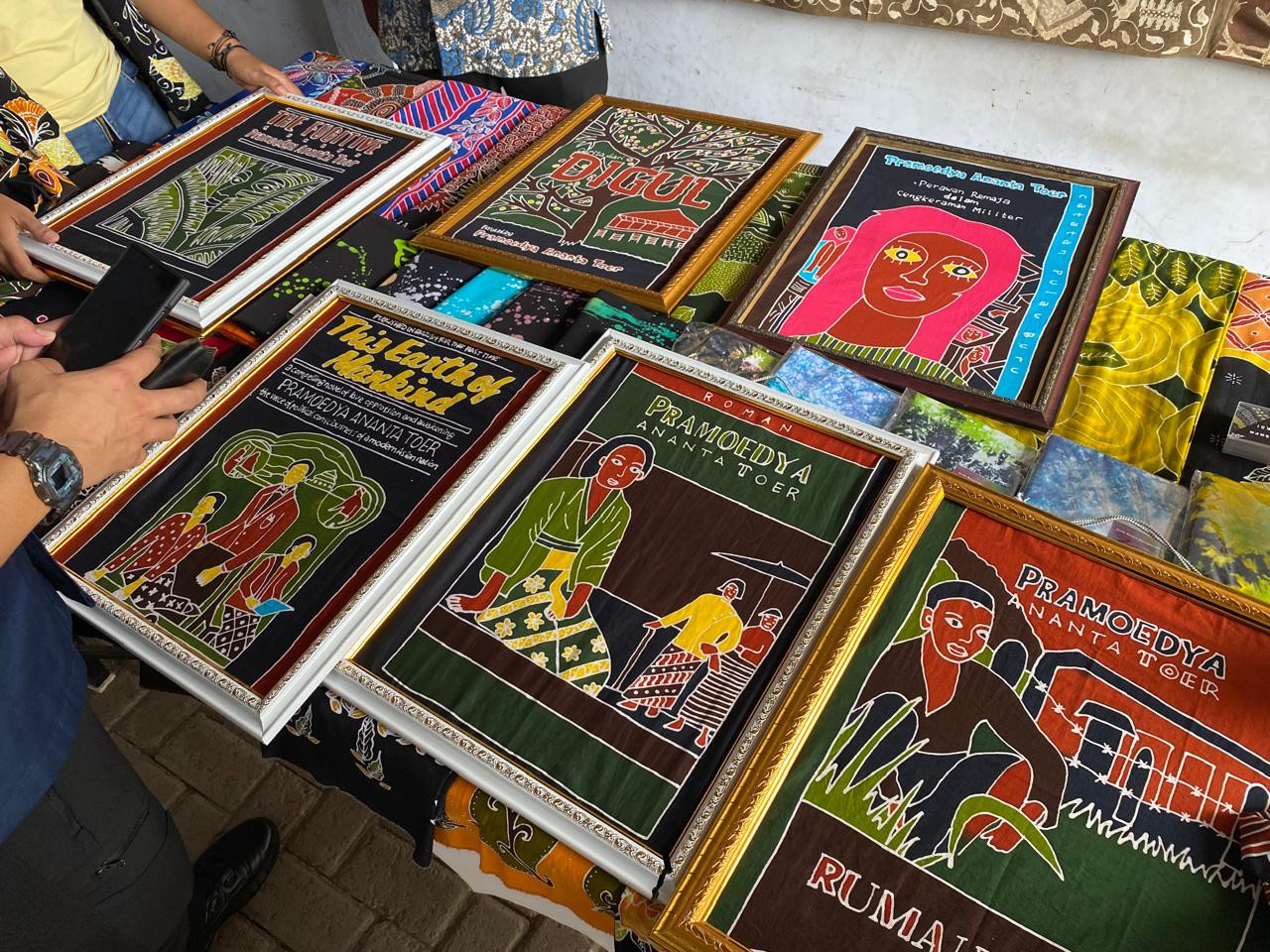Popular Reads
Top Results
Can't find what you're looking for?
View all search resultsPopular Reads
Top Results
Can't find what you're looking for?
View all search resultsFrom Jakarta to Florida: Why democracies still fear books
Democracies like Indonesia and the US treat books as potential dangers, especially those that question dominant narratives.
Change text size
Gift Premium Articles
to Anyone
A
high school student in Florida in the United States wanted to read an award-winning book, but it was no longer on the library shelf. The rows looked thinner. Stories about race, gender or America’s painful past had quietly disappeared.
Thousands of miles away in Jakarta, and across several cities in Java, police raided the homes of pro-democracy activists after protests erupted in late August and September. Among the items they seized were books, later displayed as “evidence” of the suspects’ alleged “anarchist” activities.
Two very different democracies. Yet both reveal the same anxiety: A fear of ideas, of memory, of narratives that dare to challenge authority.
In Indonesia, banning and confiscating books is not a passing political fad, it is part of the state’s muscle memory. For decades, successive governments have suppressed works on communism, the 1965 massacres, Papua and leftist movements.
Even Pramoedya Ananta Toer, one of Indonesia’s most celebrated writers, saw his works banned for years.
Today, officials like to claim that book bans are relics of the past. Yet reality suggests otherwise. The recent confiscations in September, mostly of titles discussing anarchism or leftist ideas, demonstrated how censorship continues to persist quietly.
Books such as Franz Magnis-Suseno’s Pemikiran Karl Marx (Karl Marx’s Thoughts, 1999), Pramoedya’s Anak Semua Bangsa (Child of All Nations, 1981) and Oscar Wilde’s Jiwa Manusia di Bawah Sosialisme (The Soul of Man Under Socialism) were treated as criminal evidence.



















